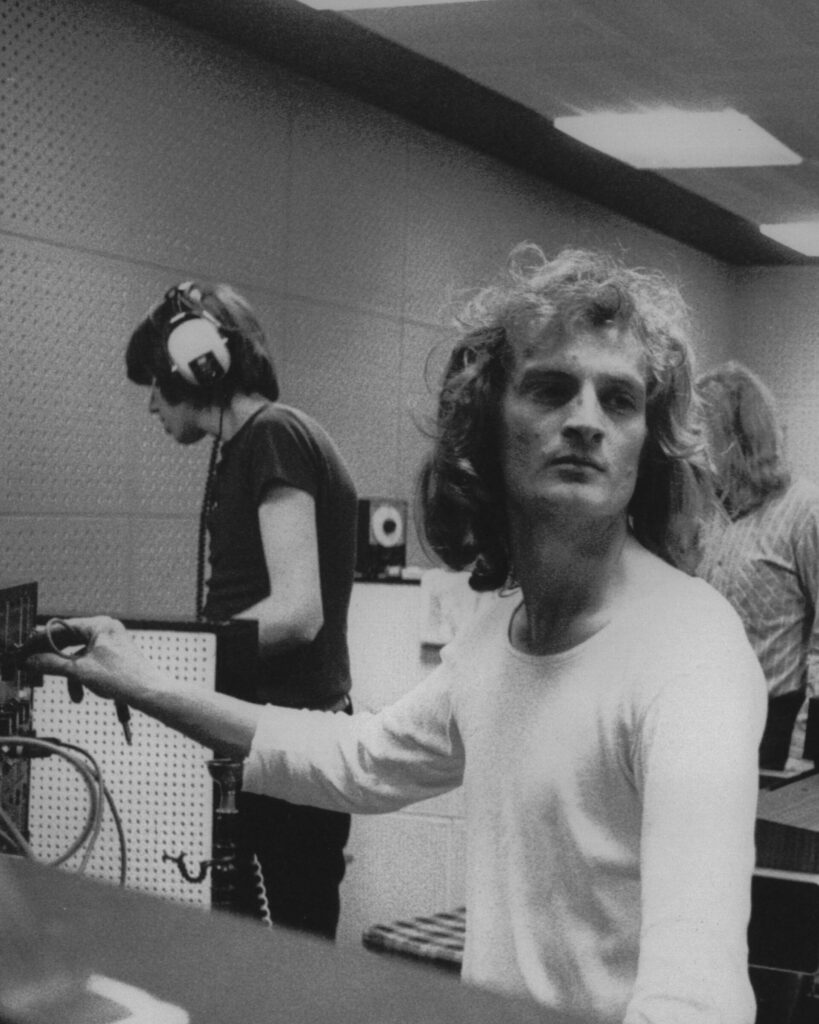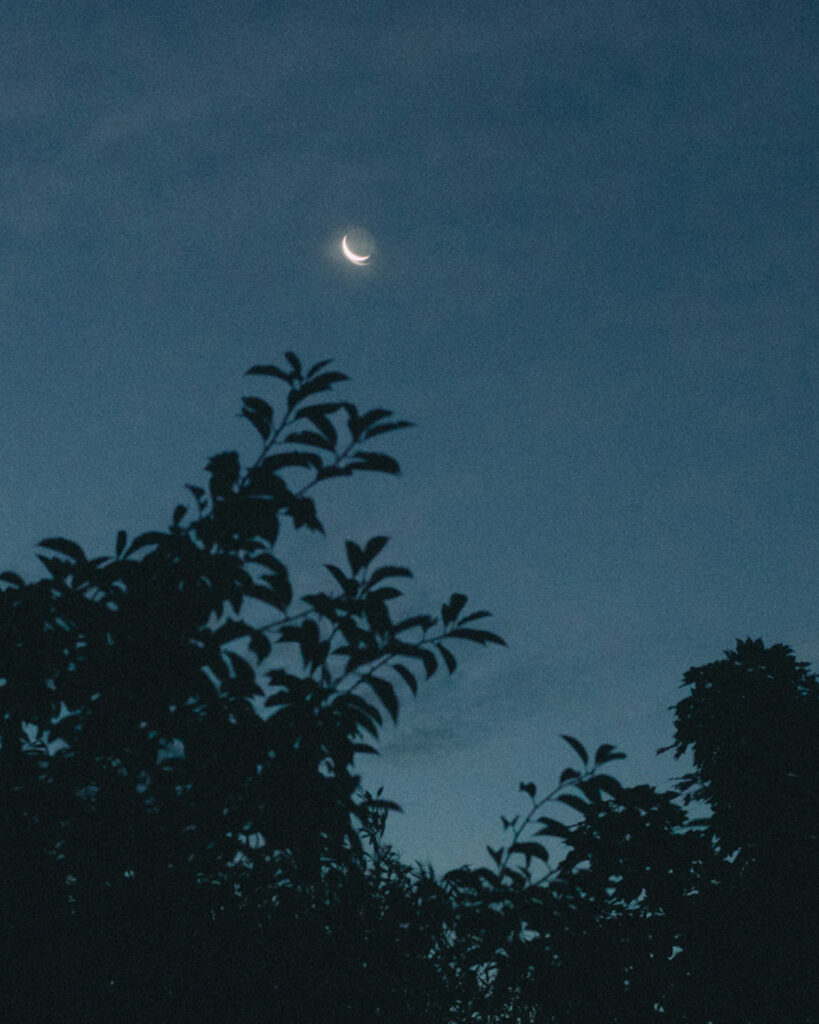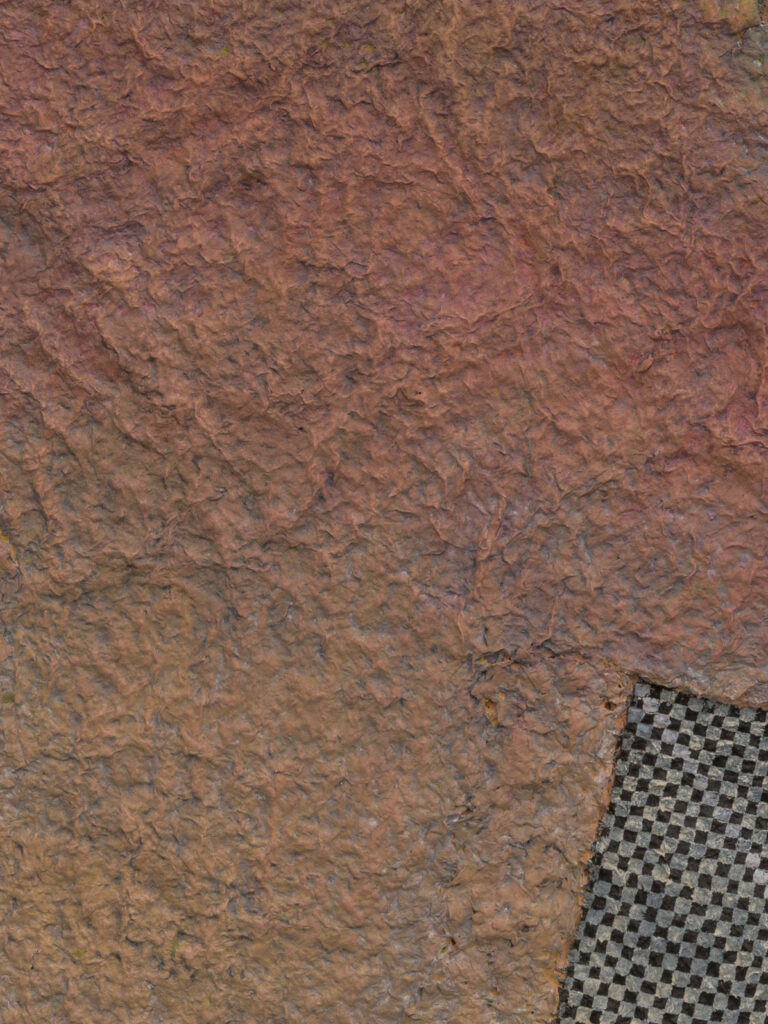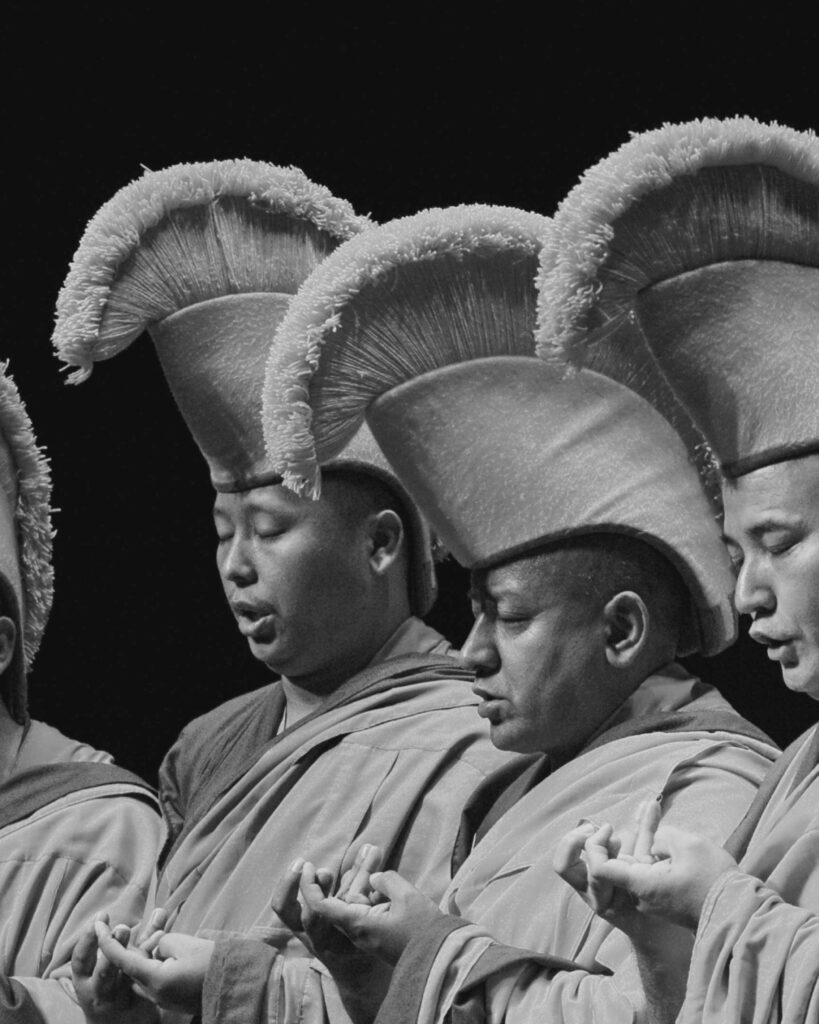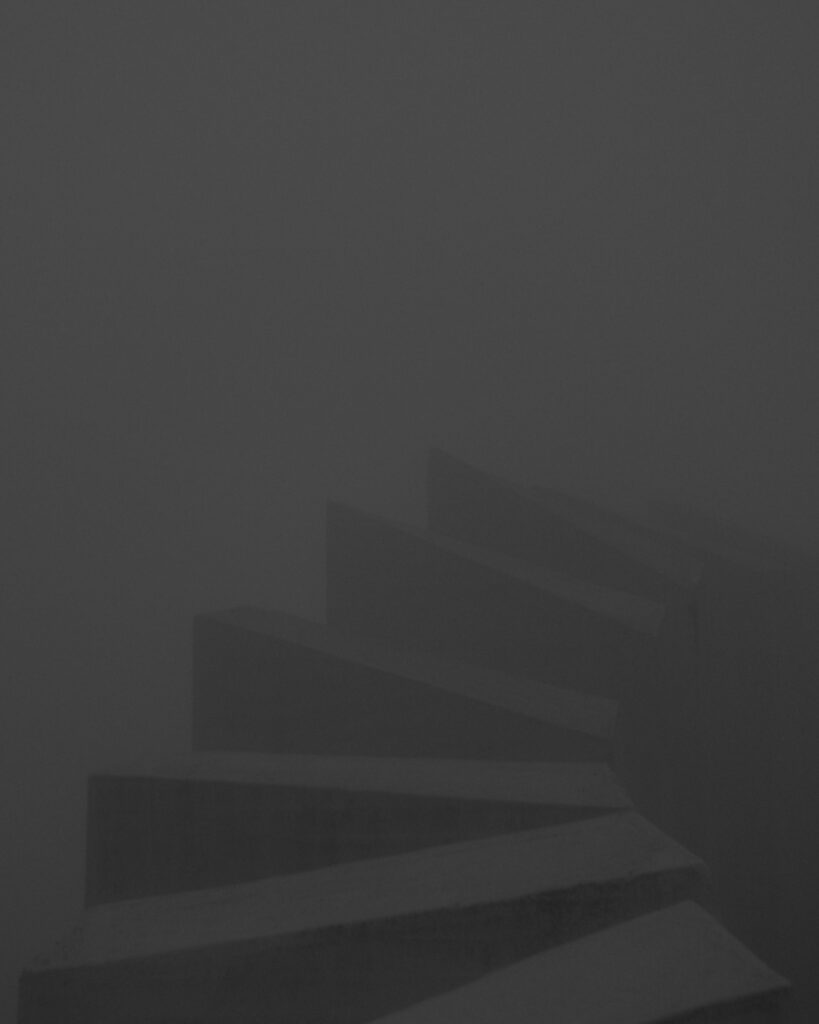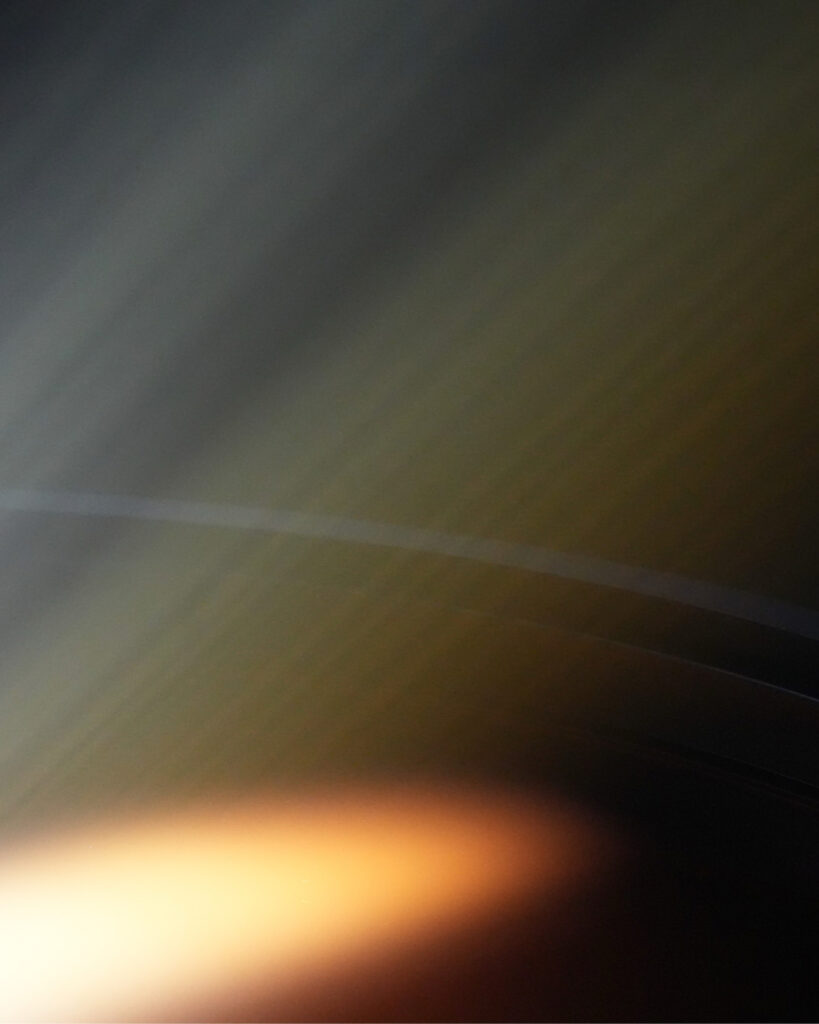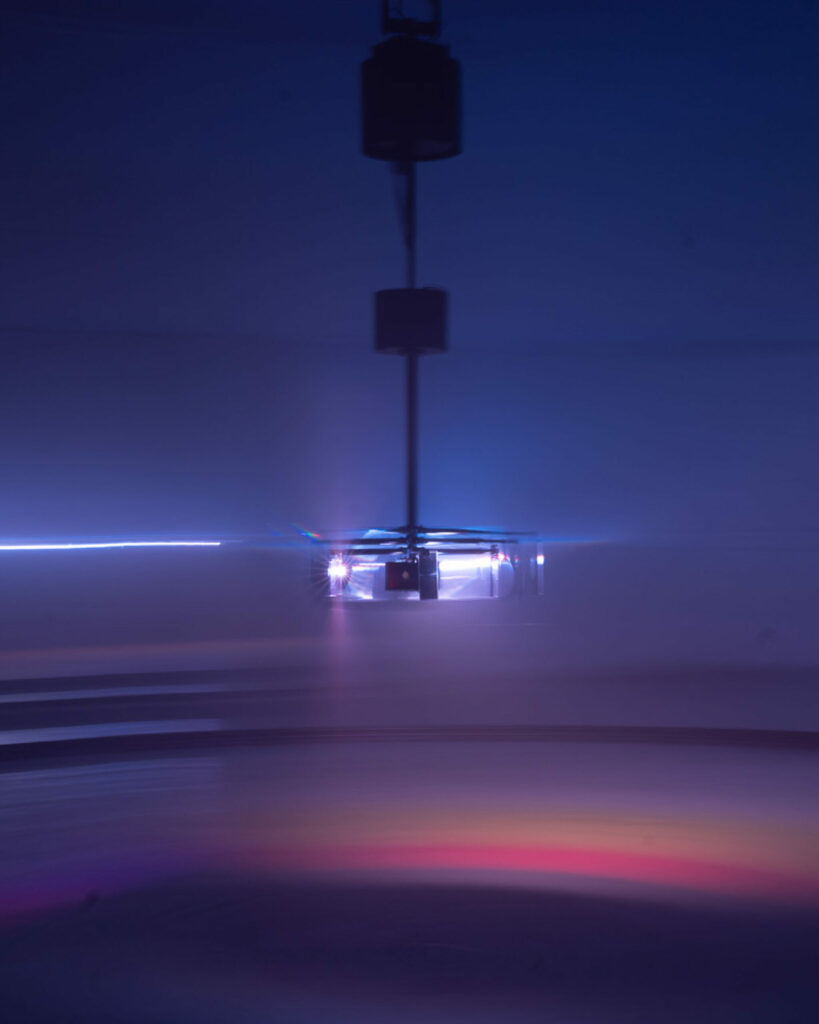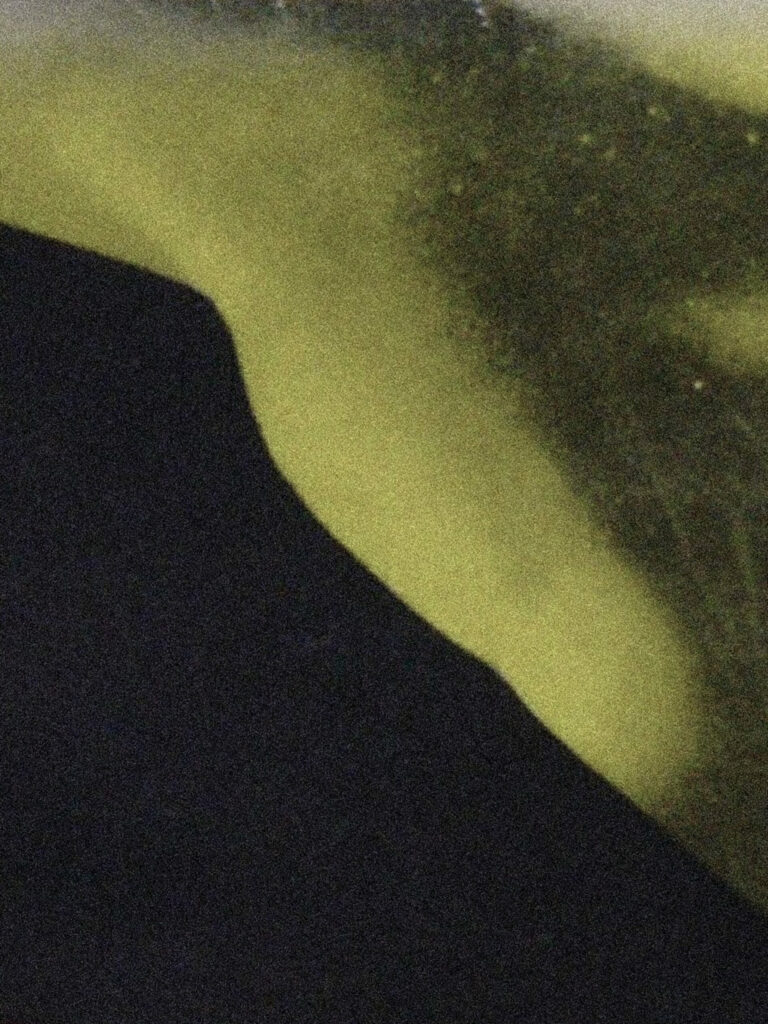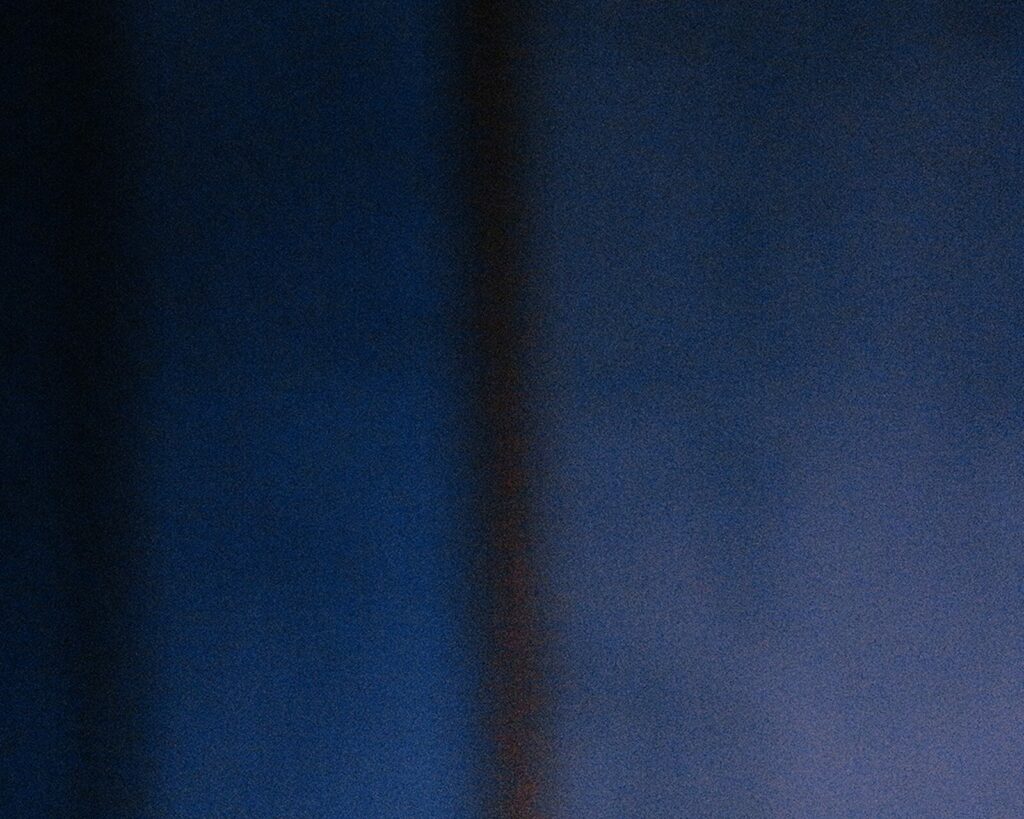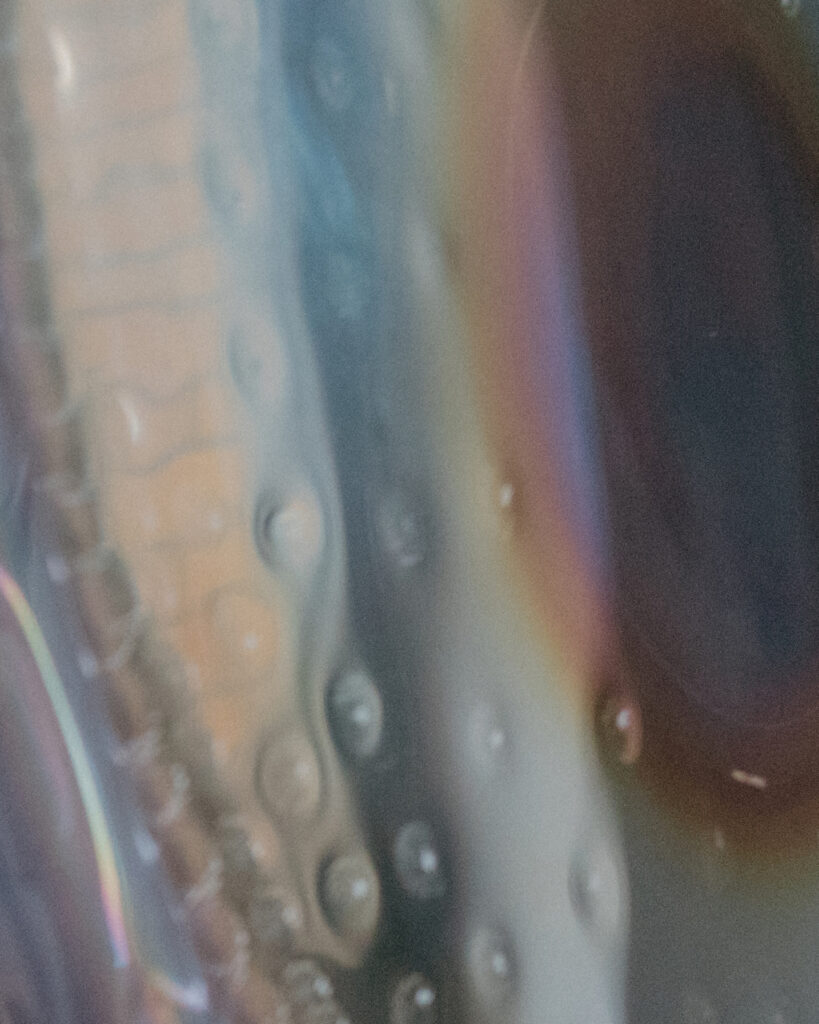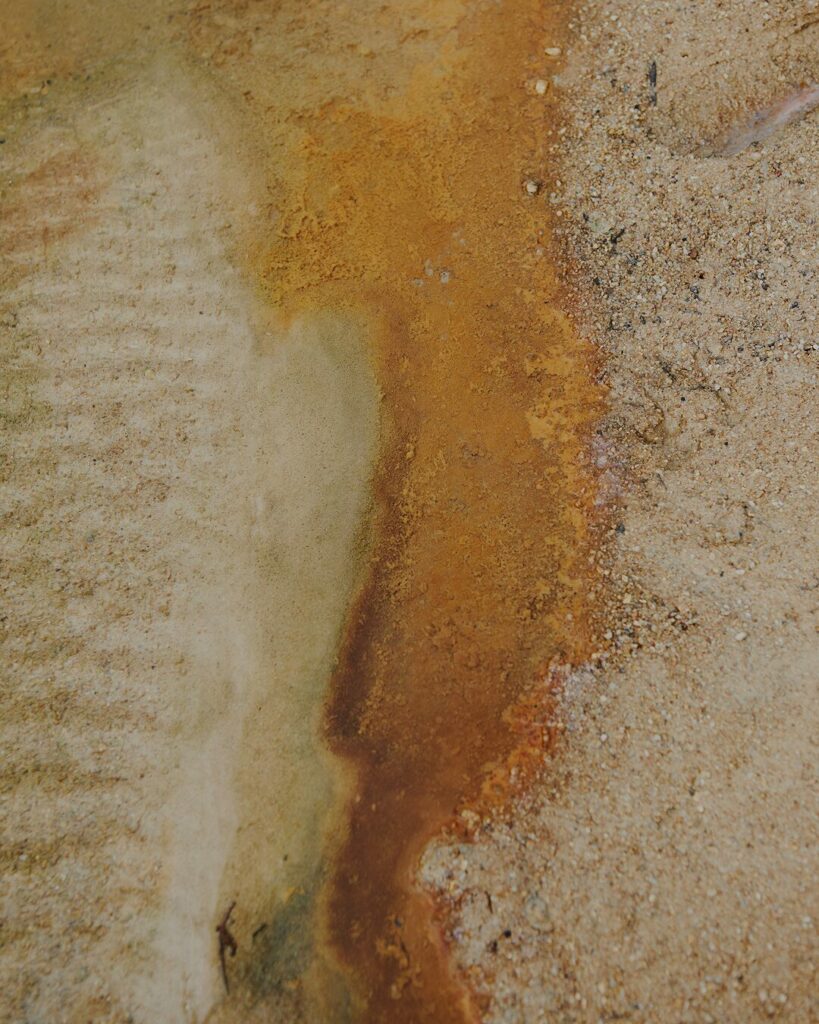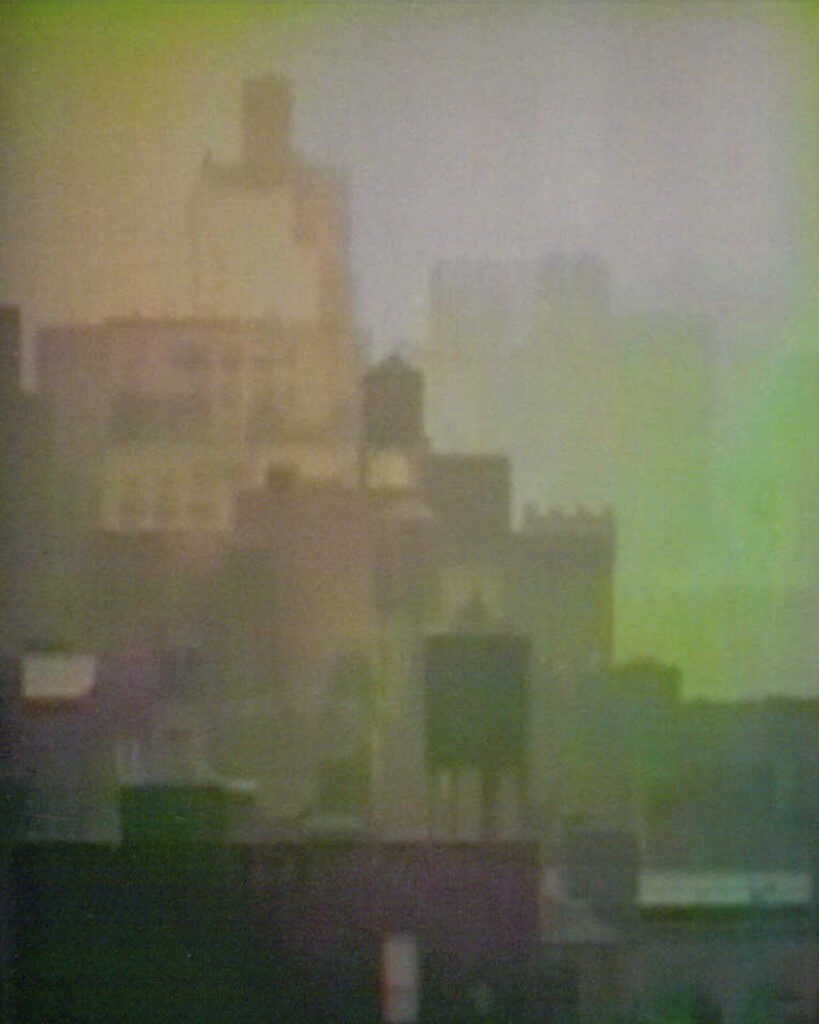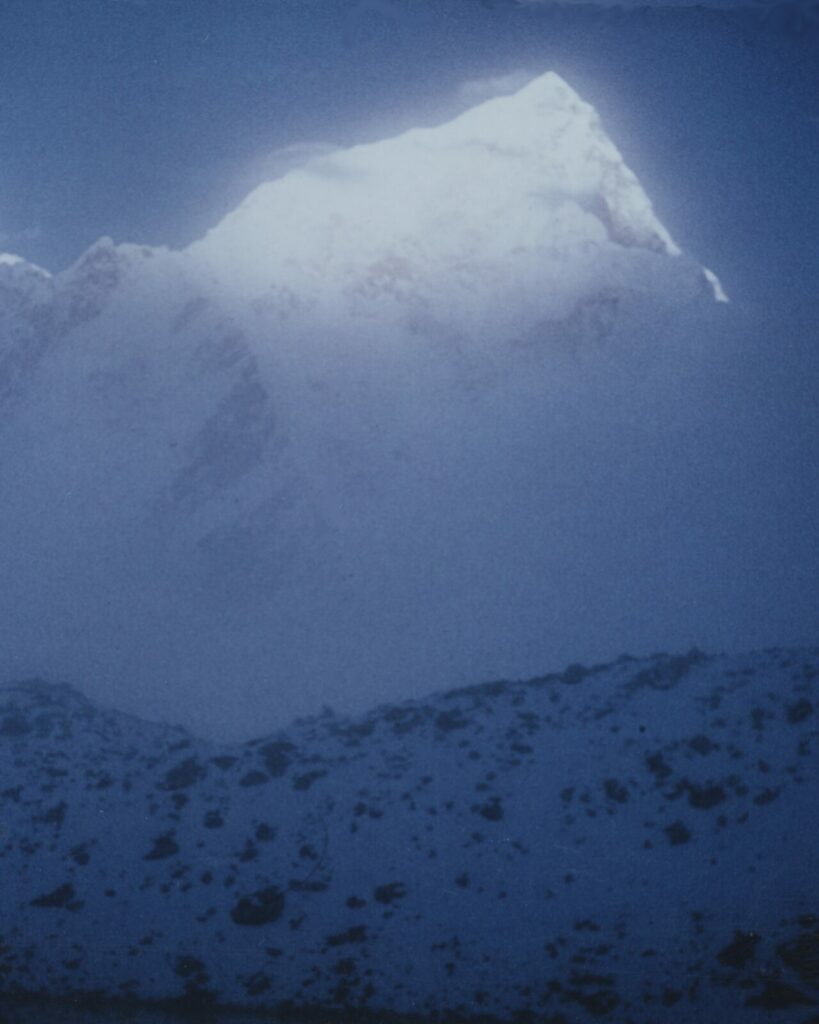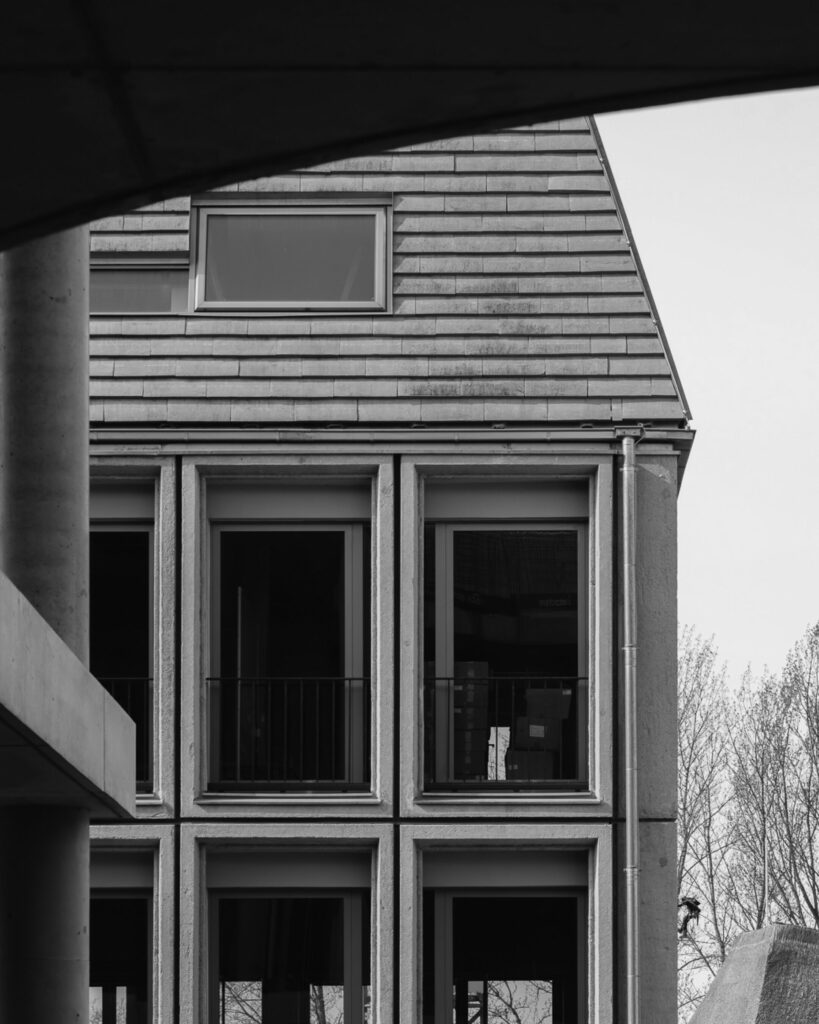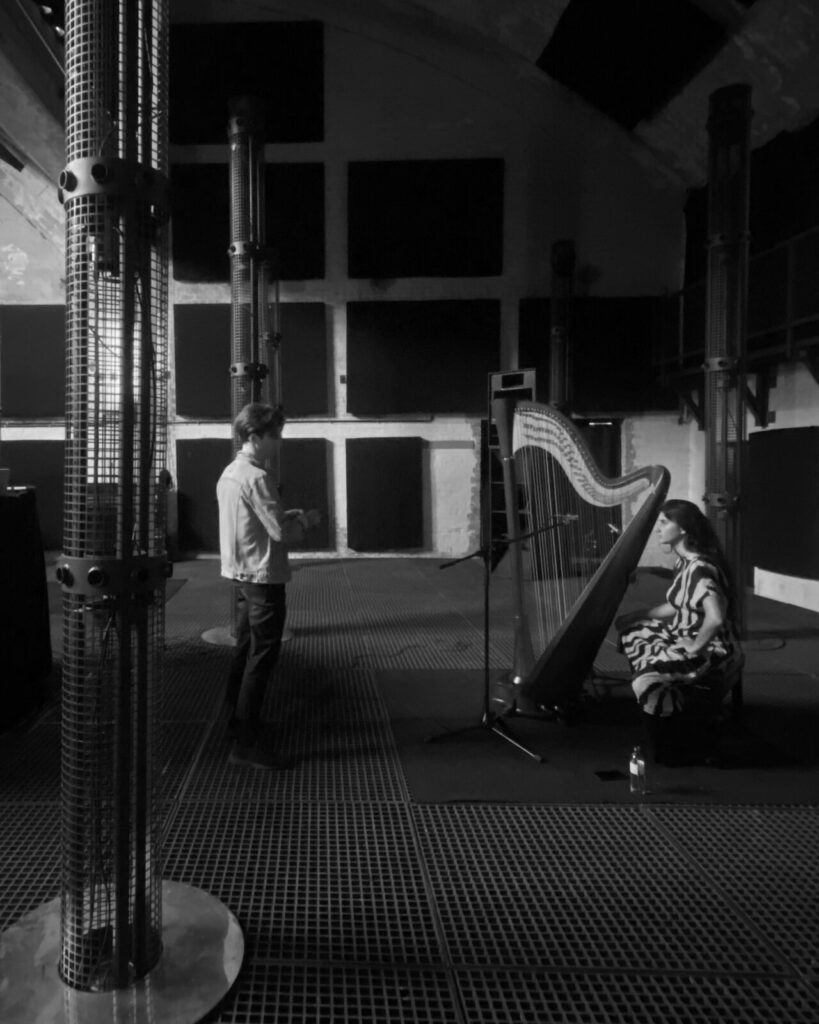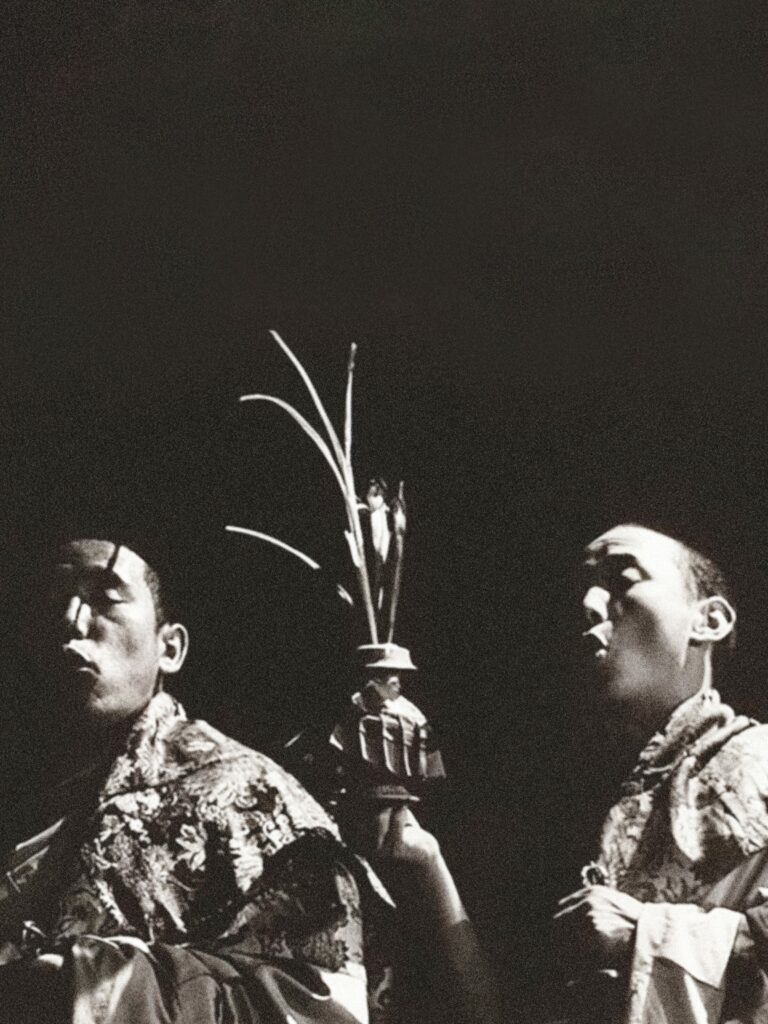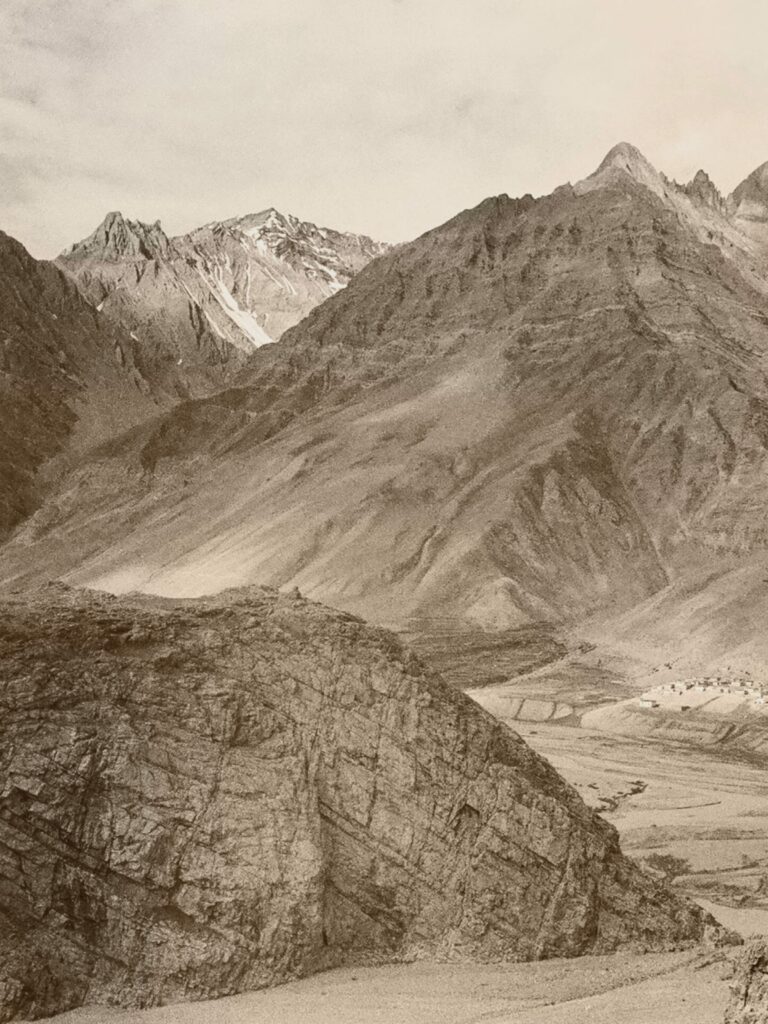This event is part of the Friends of Reethaus annual pass.
On May 3 and 4, during Berlin Gallery Weekend, Reethaus presents a hierophanic journey through the sonic world and archives of Popol Vuh, the German pioneers of ambient music and progressive electronica.
This immersive sound journey, adapted for the 360-degree spatial sound system of the Reethaus inner chamber, revolves around key elements of Popol Vuh’s output over two decades, highlighting the Moog synthesizer albums of the seventies, original soundtracks of Werner Herzog’s iconic films, the devotional magnum opus Hosianna Mantra, and previously unreleased piano solos.
In 1969, Florian Fricke got his hands on one of the first Moog machines to enter Germany and named his musical project after the ancient Mayan codex whose name means “book of encounter.” Most of the defining ingredients of Popol Vuh were contained in that early gesture: the creation of avant-garde electronic sounds, an interest in the sacred texts and traditions of every part of the globe, and a dedication to creating progressive formats for musical experience and exchange. Inspired by “stalactite caves, the archaic cries of Greek women at night, and dervishes,” Fricke and his collaborators created intricately instrumented music that seemed to hail from a planet of more fully realized beauty, in the process creating a string of cult records and giving rise to the kosmische musik and krautrock genres.
Over the course of a prolific working relationship, Popol Vuh scored more than ten of Werner Herzog’s films with expansive sonic landscapes to match the director’s cinematic ambitions. These soundtracks can be heard on Herzog’s monumental Amazonian works featuring Klaus Kinski — Aguirre, the Wrath of God and Fitzcarraldo — as well as the classic vampire gothic Nosferatu.
Fricke lived not so much the life of a touring rock star as that of a studio composer, enjoying time for his research. In the eighties, he and his wife developed a system of breathing techniques and somatic group singing practices that they called the “alphabet of the body.” Through this work he came to understand ancient mantras as musical codes that have come down to us through invocations that the collective has repeated many times, gathering momentum of a consciousness field along the way.
With these two back-to-back Popol Vuh shows at Reethaus, we honor an early titan of German ambient, progressive rock and a musical ethnographer of the mysteries.
